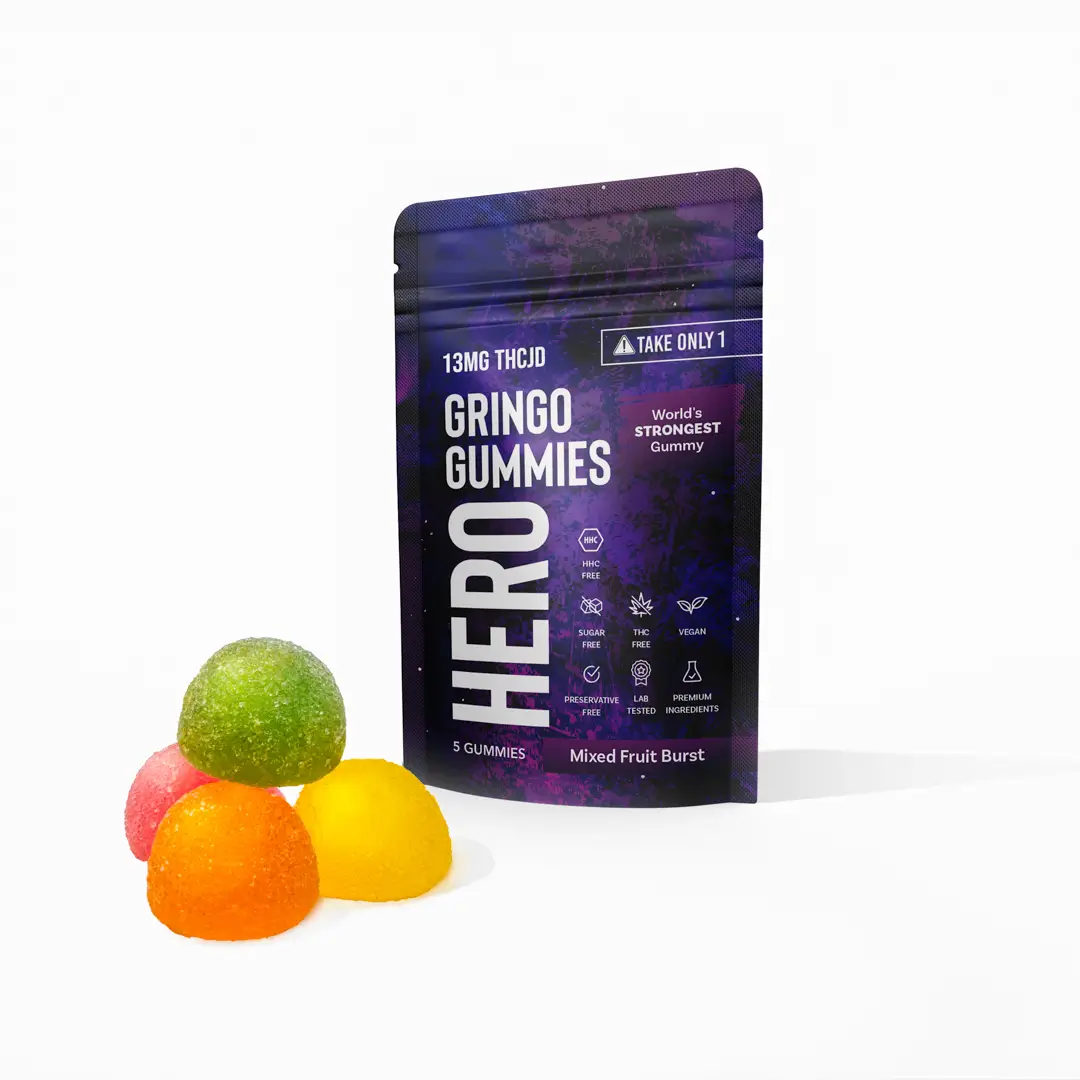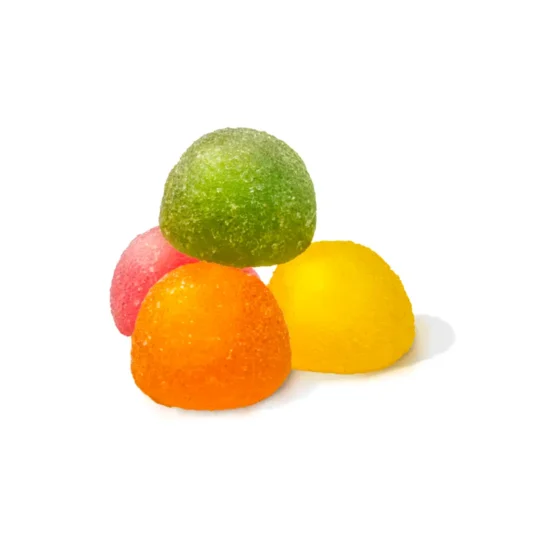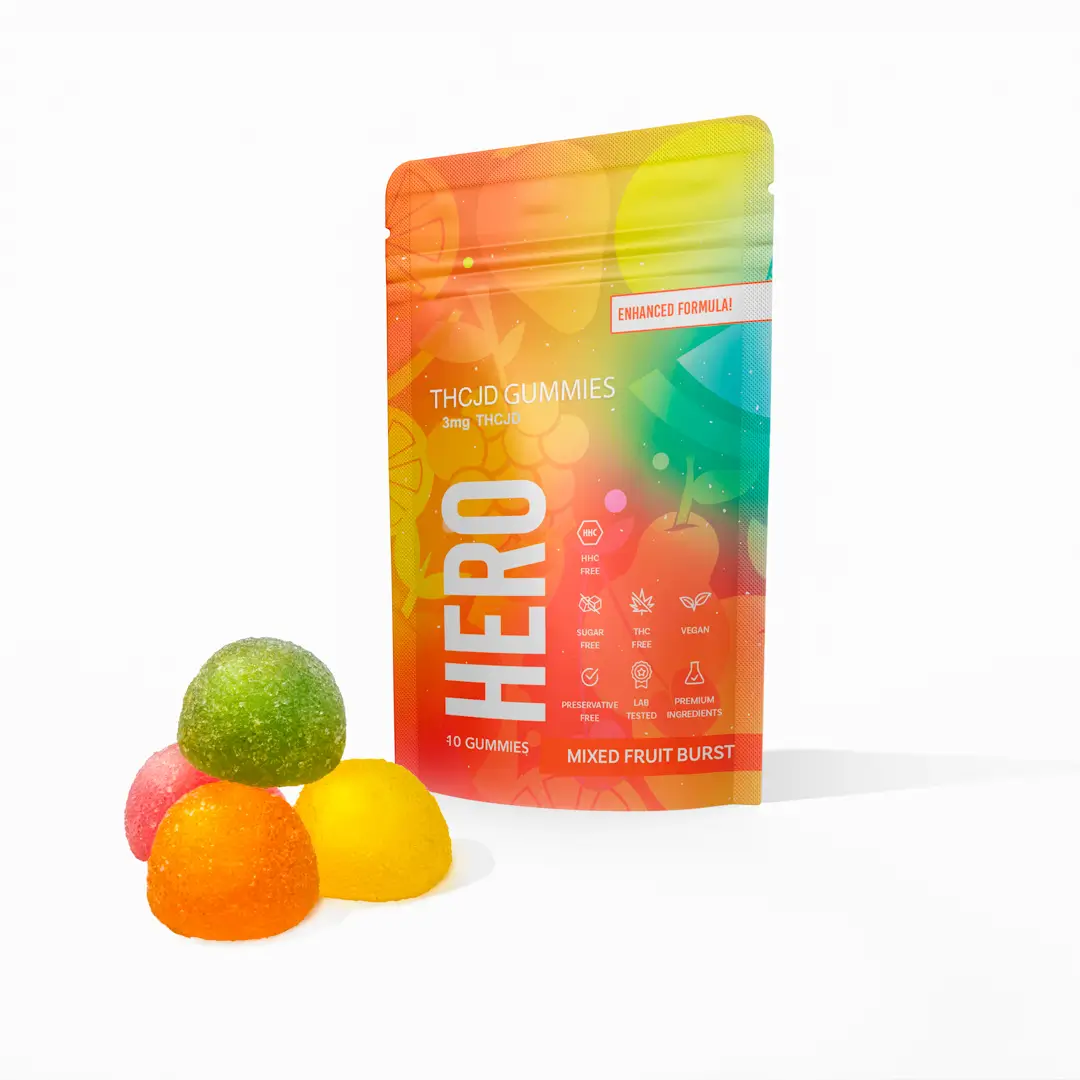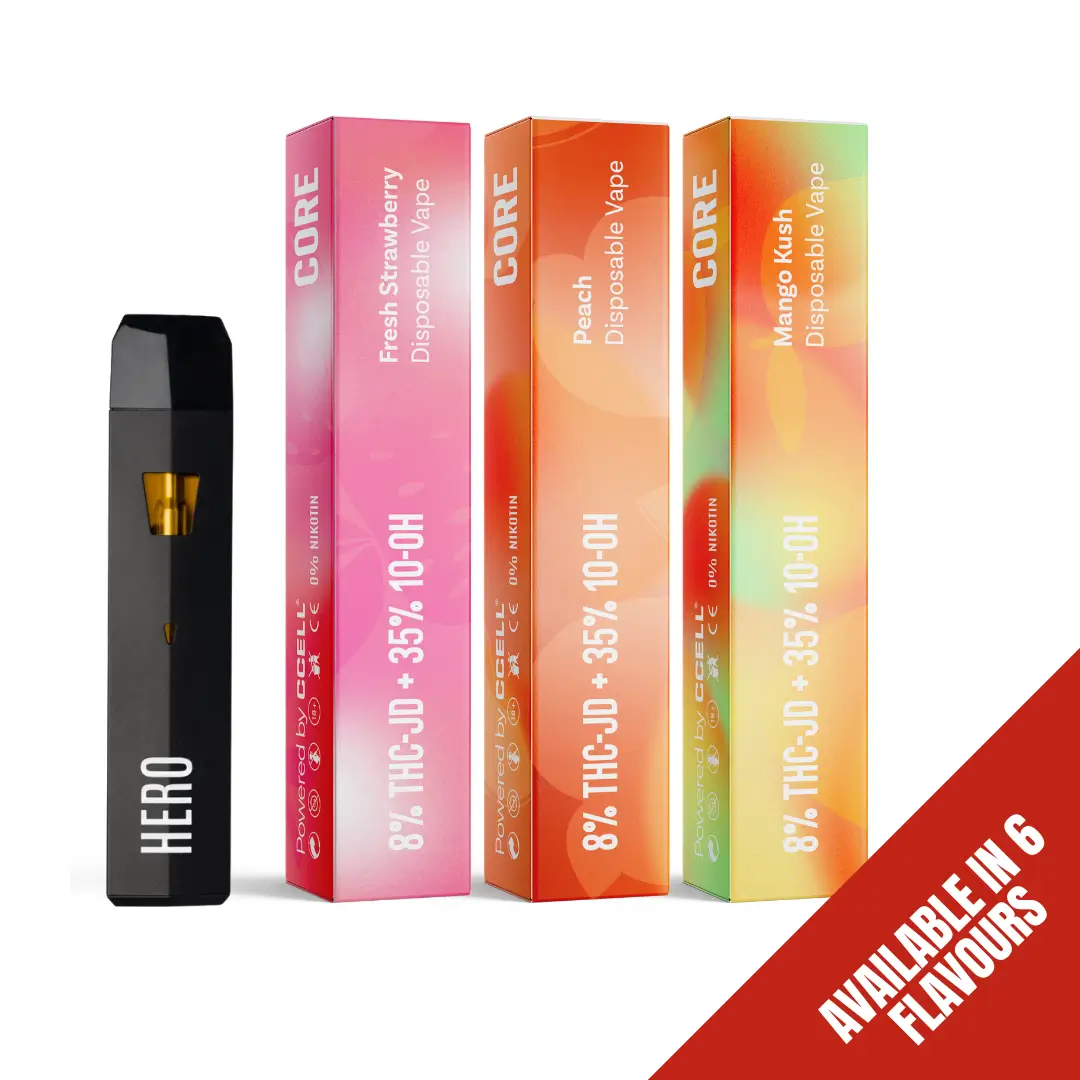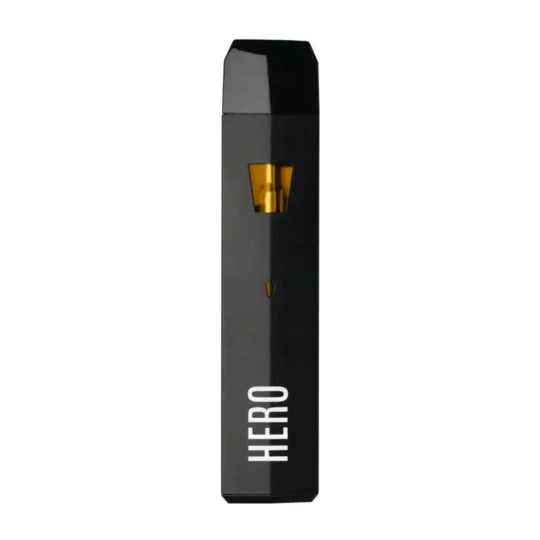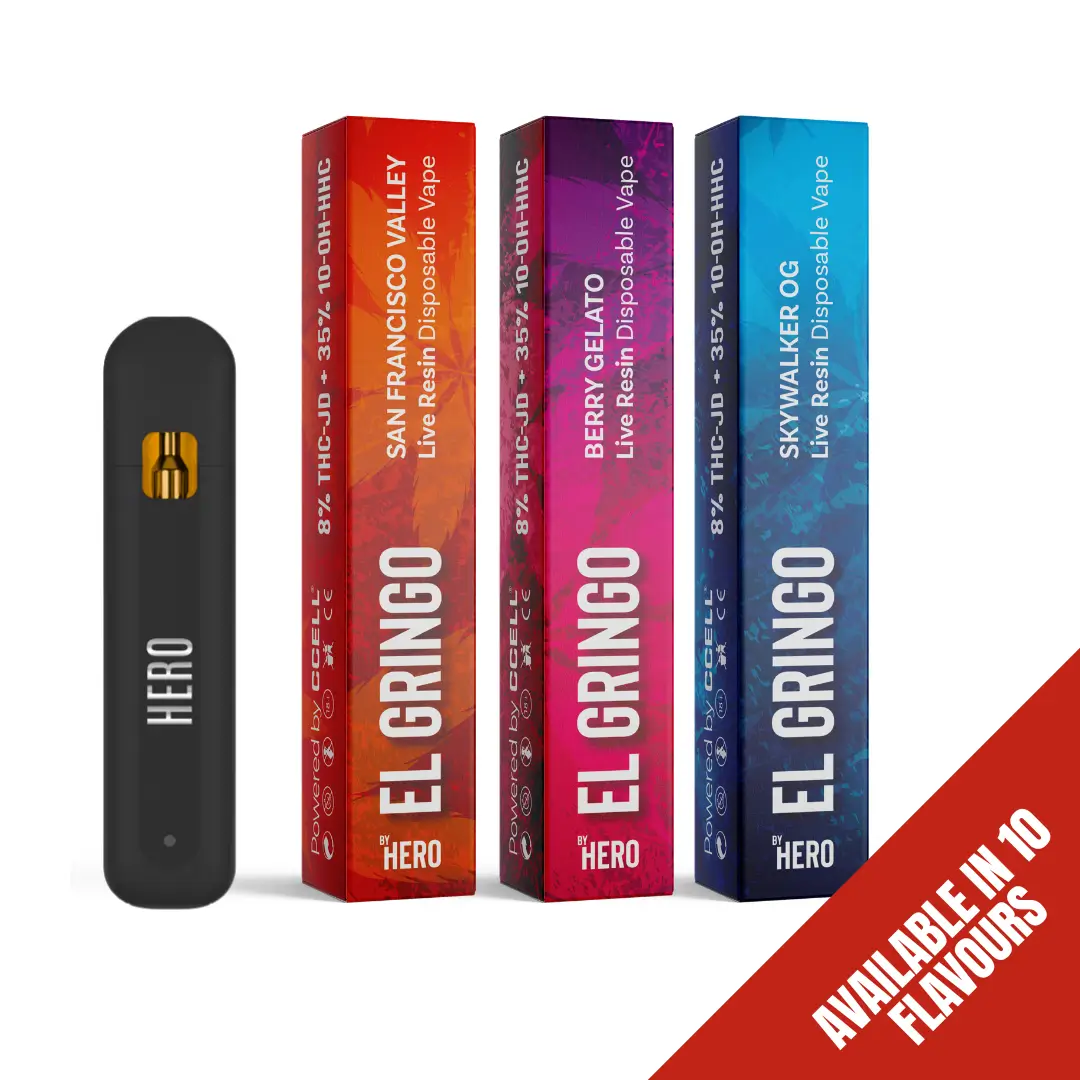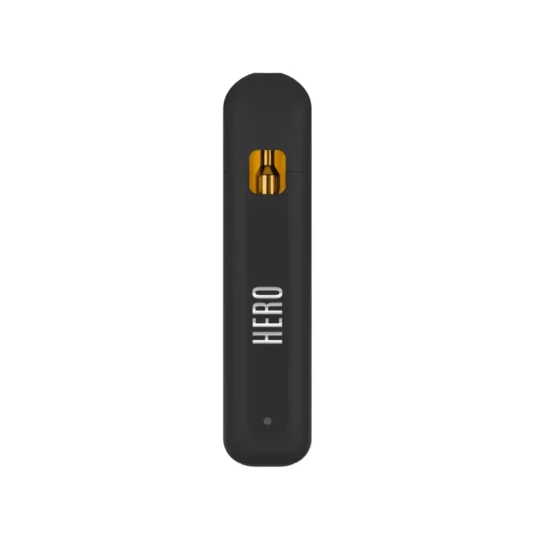THCA: The Hidden Gem of Cannabinoids
Meet THCA, or tetrahydrocannabinolic acid, a lesser-known but intriguing cannabinoid found in raw cannabis. Unlike THC, which is famous for its psychoactive effects, THCA won’t get you high—at least not in its raw form. But don’t let that fool you into thinking THCA isn’t worth your attention. There’s more to this cannabinoid than meets the eye, especially when you consider its potential therapeutic benefits. So, what exactly is THCA, and how does it differ from its more famous cousin, THC? Let’s dive in.
THCA, or tetrahydrocannabinolic acid, is a non-intoxicating compound present in raw cannabis plants. Imagine THCA as THC’s shy sibling—present but not as immediately noticeable. THCA is abundant in fresh cannabis buds but doesn’t link to cannabinoid receptors in the brain the way THC does. Think of it as a precursor to THC, like a caterpillar that hasn’t yet turned into a butterfly. So, if you eat raw cannabis, don’t expect any mind-altering effects.
How Does THCA Turn Into THC?
Here’s where the magic happens. THCA transforms into THC through a process called decarboxylation, which is a fancy term for applying heat. This process removes a specific carboxyl group from the THCA molecule, essentially “activating” it into THC. This transformation happens naturally over time as the cannabis plant matures and dries out, or more quickly when you apply heat by smoking, vaping, or baking it. Ever wondered why you can’t just eat a bunch of raw cannabis and get high? Now you know—it’s all about that heat-induced transformation.
Does THCA Get You High?
The million-dollar question: Does THCA get you high? The short answer is no, not in its raw form. THCA doesn’t have the right shape to fit into the brain’s CB1 receptors, which are responsible for the psychoactive effects of THC. Think of it as trying to fit a square peg into a round hole—it just doesn’t work. However, once THCA is decarboxylated into THC, it becomes a whole different story. That’s when you start experiencing the “high” associated with THC, including euphoria, relaxation, and possibly the munchies.
Forms of THCA Products
THCA comes in various forms, each offering unique benefits depending on how you want to use it:
- THCA Flower: The purest form of THCA is found in the hemp flower or fresh cannabis plant. This is the go-to for those looking to harness the therapeutic benefits of THCA without any psychoactive effects. Fresh cannabis is often consumed in smoothies or salads to maintain its raw state, perfect for preserving THCA.
- THCA Patches: These transdermal patches allow for controlled dosing by delivering THCA directly to your bloodstream over time. Imagine a steady, consistent dose without any heating involved, ensuring that none of the THCA converts into THC.
- THCA Diamond Crystals: These are the purest form of THCA, often referred to as “diamonds.” They’re created through a unique extraction process that isolates THCA from the plant, resulting in small, crystalline structures. When dabbed or vaporized, these crystals convert into THC, offering a potent experience for those looking for something more intense.
Decarboxylation Methods: How to Convert THCA to THC
Decarboxylation is the key to unlocking the psychoactive potential of THCA. Here’s how you can do it:
- Smoking: The most common method. Lighting up cannabis burns it at high temperatures, instantly converting THCA into THC. This process happens naturally, so all you need to do is inhale and enjoy.
- Vaping: A gentler alternative to smoking, vaping heats cannabis at lower temperatures, producing vapor instead of smoke. This method also converts THCA to THC but allows for a more customizable experience, especially with devices that offer temperature control. Ever notice how different temperatures bring out different flavors?
- Dabbing: For the experienced users, dabbing THCA concentrates on a hot surface vaporizes the cannabinoid, converting it to THC. This method offers quick onset and intense effects, making it a favorite among seasoned consumers.
- Baking: If you’re into edibles, baking is your go-to method for decarboxylation. Heat cannabis at a low temperature in the oven, usually around 220-245°F (104-118°C) for about 40 minutes. This ensures a smooth conversion from THCA to THC, perfect for making cannabis-infused treats.
Potential Benefits of THCA
While THCA doesn’t get you high, it offers a range of potential therapeutic benefits. Preliminary research suggests that THCA may have neuroprotective, anticonvulsant, antiemetic, and anti-inflammatory properties. Imagine a natural compound that could help with conditions like Alzheimer’s disease or other neurodegenerative disorders. While more research is needed, the possibilities are intriguing.
Side Effects of THCA
Like all cannabinoids, THCA isn’t without its potential downsides. Common side effects include dizziness, nausea, changes in appetite, dry mouth, and red eyes. Some users may also experience increased anxiety or changes in heart rate. If you’re taking prescription medications, it’s crucial to consult your healthcare provider before adding THCA to your routine, as it may interact with other drugs.
How Long Does THCA Stay in Your System?
The duration that THCA stays in your system depends on various factors like your consumption method, dosage, and frequency of use. When converted to THC, it gets metabolized by the liver into over 80 different metabolites, which can linger in your system for days to months. For instance, THC-A metabolites are detectable in urine for several days to weeks, in blood for a few days, and in hair for up to three months.
Consuming THCA Without Getting High
If you want to enjoy the benefits of THCA without the high, there are several options:
- THCA Capsules: These offer precise, controlled dosing without any psychoactive effects. Ideal for beginners or those who don’t enjoy the taste of raw cannabis.
- THCA Tinctures: Liquid extracts consumed sublingually for quick absorption. No need to worry about inhaling smoke or vapor.
- Raw Cannabis: Adding fresh cannabis leaves to your smoothie or salad is an easy way to consume THCA in its raw, non-psychoactive form.
- Topical Applications: Balms and creams containing THCA offer localized relief without entering the bloodstream, meaning no high.
Does THCA Show Up on a Drug Test?
THCA itself won’t show up on a drug test, but once it’s converted to THC, the resulting metabolites can be detected. Standard drug tests, including urine, blood, saliva, and hair tests, are designed to detect these THC metabolites. If you’re facing a drug test, it’s best to avoid THCA products to be safe.
Is THCA Legal?
THCA exists in a legal gray area. While it’s not listed under the Controlled Substances Act, its legality depends on its source and the amount of THC it converts to. Under the 2018 Farm Bill, cannabis derivatives with less than 0.3% THC are federally legal, which includes some THCA products. However, state laws vary, so it’s essential to know the regulations in your area before consuming THCA.
Final Thoughts on THCA
THCA may be the unsung hero of the cannabis plant, offering potential therapeutic benefits without the high. Whether you’re interested in its neuroprotective properties or looking for a new way to experience cannabis, THCA is worth exploring. Just remember, the key to unlocking its full potential lies in understanding how it works and how to consume it responsibly.
-
€39,00
-
€37,00
-
€64,95
-
€29,95 – €49,95Price range: €29,95 through €49,95


